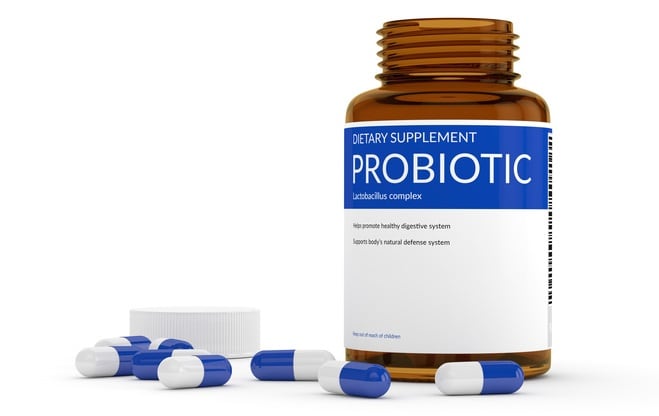“We believe that CFUs provide a useful description of the quantity of live microbial dietary ingredients. Allowing firms to declare the CFUs within the Supplement Facts label will help consumers more readily identify the amount of living microorganisms for each product and more easily compare products,” stated the Agency in a Constituent Update.
The International Probiotics Association submitted a citizen’s petition in November 2016 to amend 21 CFR 101.36 to allow probiotic ingredients to be labeled by CFUs instead of by weight. The FDA denied the IPA’s request to change the regulations, stating that it believes the draft guidance, which can be accessed HERE, will allow consumers and health care professionals to benefit from the declaration of live microbials in CFUs in addition to weight in the Supplement Facts label.
Despite the denial of its petition, the IPA hailed the announcement as a victory for the industry. George Paraskevakos, IPA’s Executive Director, told NutraIngredients-USA: “IPA is pleased to see that FDA has recognized the concerns of the probiotic industry by issuing this draft guidance, which will also give consumers useful and important information. This will close the loop as the published articles and scientific research around probiotics are always in colony forming units.
“While new and exciting advances in science are showing possible new techniques, CFU’s are currently the most accepted and recognized measurement for probiotics.
“IPA is looking forward to continue our collaboration with the FDA in advancing the interest of the probiotic industry.”
‘The industry got what it wanted much faster’
Speaking with NutraIngredients-USA in our Chicago offices, Ivan Wasserman, partner at Amin Talati Upadhye, LLP, and counsel to the International Probiotics Association, said: “In denying the citizen’s petition, what the FDA did was to acknowledge that a change to the regulation is a very burdensome process for FDA to undertake, and any change in the regulation typically takes several years to effectuate.
“So in denying the citizen’s petition but granting the draft guidance, essentially what FDA did was to give the probiotic industry and the [International] Probiotics Association what it wanted in a much faster way than could have been possible had FDA undergone a notice and comment rulemaking to change the regulations officially.”
The issue

Colony forming units (CFUs) are calculated from probiotic plate counts, a technique that was developed at the start of the 20th Century. Plate counts are still the gold standard for quantifying viable cells.
The existing regulations require the labeling of probiotics by weight per serving (usually in milligrams for probiotics) to give consumers the information they need to evaluate how much “effective” ingredient is in a product. While such an approach may work for vitamins, minerals, fatty acids, botanicals and other dietary ingredients, probiotics are very different.
Experts pointed out that the number of milligrams of a probiotic has no correlation to the number of CFUs, and two products could each contain 50mg of a probiotic, but have very different CFU counts. In addition, efficacy of individual strains are based on clinical data specific to that strain, which are reported in CFU.
Comments
The draft guidance will be open for comments from all stakeholders for 60 days at http://www.regulations.gov to docket folder FDA-2011-D-0376 starting September 7, 2018.

